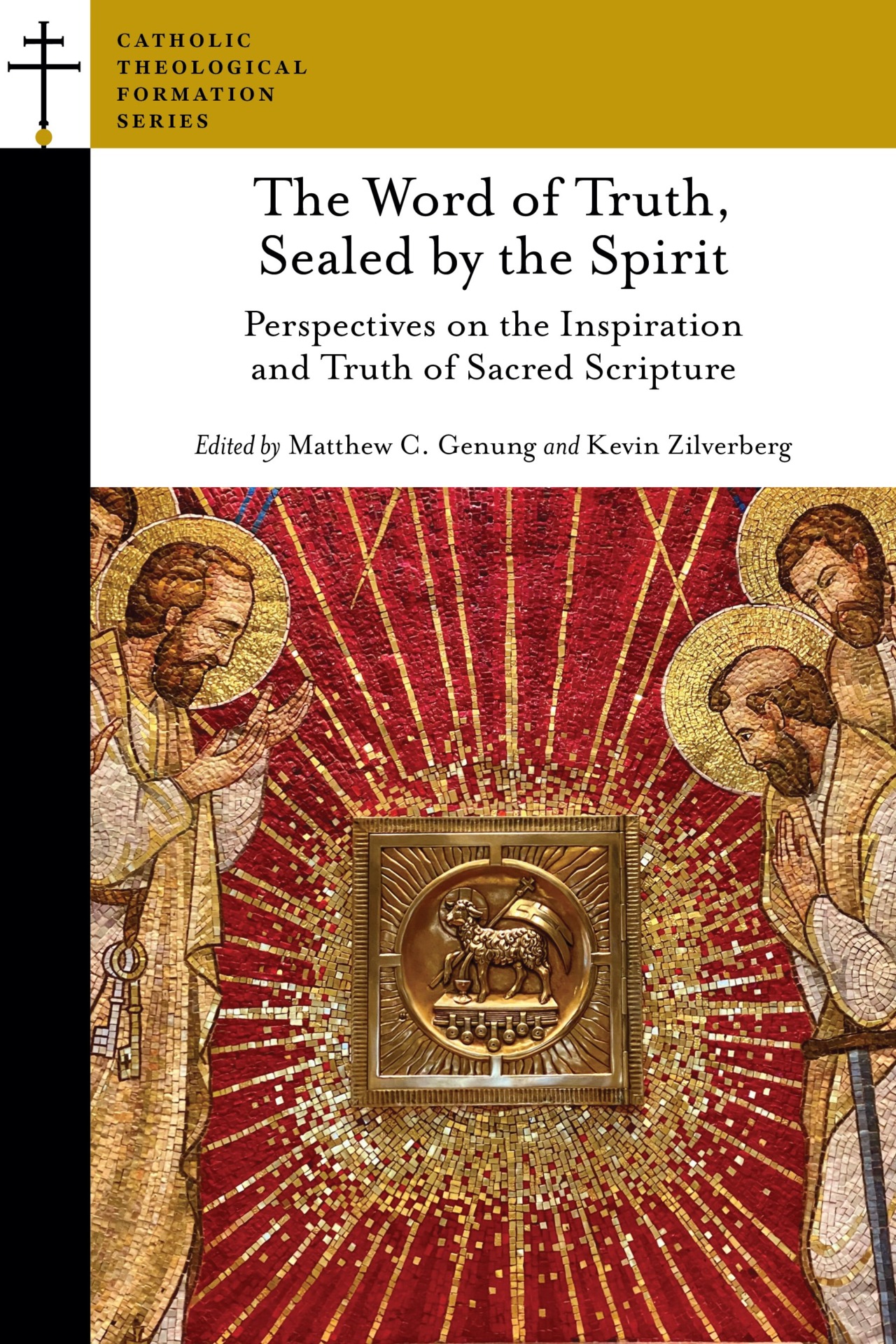The Word of Truth, Sealed by the Spirit is a collection of seven peer-reviewed essays pertaining to the topic of biblical inspiration and truth. Two chapters provide a critical analysis of the Pontifical Biblical Commission’s 2014 document The Inspiration and Truth of Sacred Scripture and reflect upon its relevance and outcome. Five chapters respond to a particular aspect of this document by investigating a hermeneutical or exegetical question in order to advance the dialogue on the questions of biblical inspiration and truth. This book is intended not only for Catholic seminary and university professors and students but also Protestant scholars and students, as well as catechized lay people of all Christian denominations.
Luis Sánchez-Navarro, DCJM, writes on the importance of understanding the relationship between revelation, biblical inspiration, and truth for both biblical interpretation and for Christian living. Michael K. Magee provides a critical analysis of the PBC document by situating it within the recent history of the Church’s attempts to clarify the theology of biblical inspiration and truth. Matthew C. Genung studies Exodus 19 in its context, showing that the Bible itself indicates that its nature as emended Scripture pertains to its inspired character. Anthony Pagliarini writes about the Book of Ezekiel as inspired Scripture given the non-fulfillment of Ezekiel’s prophetic vision of the restored Temple. Aaron Pidel, SJ, analyzes Joseph Ratzinger’s writings on hermeneutics and biblical theology, to propose a reliable methodology for determining the historicity of conflicting biblical reports. Marcin Kowalski, analyzing 1 Corinthians 11:2–16, addresses the question of the inspired character of a text at variance with changing gender roles in society. Kelly Anderson evaluates biblical texts depicting an inner-trinitarian dialogue in order to shed light on the relationship of inspired Scripture to the eternal dialogue of God.
Matthew C. Genung, SSD, is associate professor and Ruth J. and Robert A. Conway Foundation Chair in Biblical Studies at Mount St. Mary’s Seminary & School of Theology, in Cincinnati, Ohio. He is the author of The Composition of Genesis 37: Incoherence and Meaning in the Exposition of the Joseph Story (Tübingen: Mohr Siebeck, 2017).
Kevin Zilverberg, SSD, is assistant professor of Sacred Scripture at The Saint Paul Seminary School of Divinity of the University of St. Thomas, in St. Paul, Minnesota. He is author of The Textual History of Old Latin Daniel from Tertullian to Lucifer (Madrid: CSIC, 2021) and other publications on the Latin Bible.
Reviews
Laurie R. Brink, OP, The Bible Today 61, July-Aug. (2023): 250.

